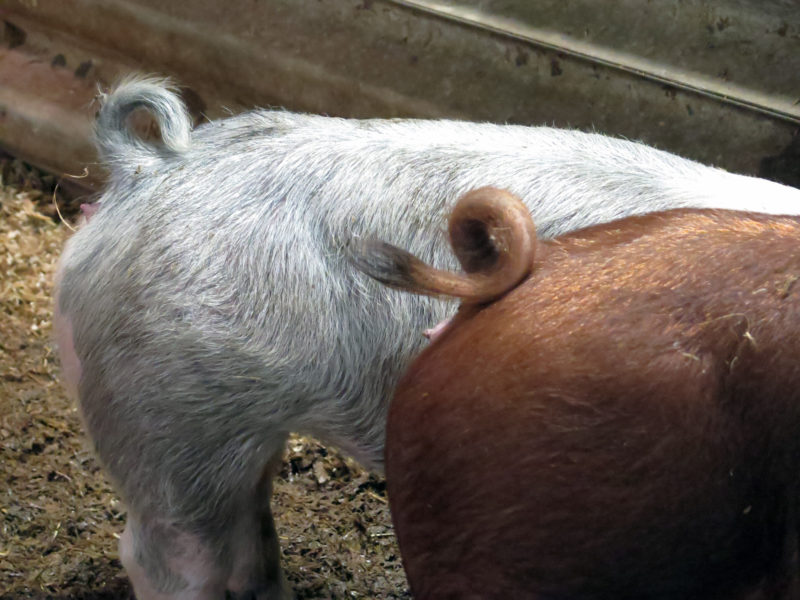On Monday I reported on young artists working for change, on Tuesday on a long-ago icon being subjected to change, and today I am turning to someone who completely changed her life. Dr. Neena Roumell is the mother of one of my closest friends. Trained in developmental psychology by Barry Brazelton among others, she worked for large parts of her life with infants and their parents in the Detroit, MI area and authored books on fathers and infant attachment.
Recently married, she and her husband Atto Assi, a petroleum engineer from the Ivory Coast, decided in 2007 to pack everything up and move to Hawaii to start a self-sustaining farm. Now in her early 80s, Neena looks back at a decade + of adventure, learning, hard, hard work and incredible achievements.
Upon arrival the two cleared the 25 acres they had purchased from remnants of sugar cane and shrubbery, with their own physical labor as everything else they did. They built a house and water purification systems run by solar power, distilling drinking water. They also constructed a green house, that provides zucchini, strawberries, tomatoes, cucumbers and numerous other fruits; together with an extended vegetable garden, and citrus and banana plants, they have their own basic food supply covered. I am trying to imagine tending to the gardens in a climate that drops 200 inches of rain annually on the Big Island….wimping out right there.
Next they planted 3500 oil palms, with the original seeds provided by the former Dean of the College of Agriculture at UH Hilo, who shared their interest in growing fuel crops to make the islands fuel-independent. Crushing the seeds provides bio-fuel, as do left-over restaurant oils with an extraction method devised by Atto. At peak, they can produce 240 gallons of bio-fuel per day. Trucks, tractors and generators are all covered by their yield, the rest is sold. Neena also wrote grants that received USDA support for their conservation efforts, helping them to set up the next big project:
A piggery!
Pigs are an essential staple of the Hawaiian diet and there used to be thousands of pig farming operations on the islands. The industry shrunk to next to nothing because of the smells associated with the trade and the incredibly unhealthy run-offs contaminating soil and water, and so most meat has to be imported, at high cost. There is a new movement now, however, joined by Neena and Atto, that reconnects to traditional Korean natural farming, a method that eliminates both odor and run-off problem. The approach uses IMOs, indigenous microorganisms, that break down the waste when combined with solar positioning and natural ventilation for drying and cooling. Details here: https://www.hawaiitribune-herald.com/2014/02/10/hawaii-news/pioneering-piggery/
Key elements are a mix of homemade bacteria solutions applied to beds of organic mulch and logs that generate heat during the fermentation of the waste products, which is funneled off naturally. The beds stay dry, the piglets are snug and warm. The piglets are also fed a homemade diet of agricultural waste, algae, academia nuts, purple potatoes, papayas and tapioca. What started with 70 pigs is now a growing operation of hundreds, planned to peak at 1000.
Our pioneering farmers so far have only had occasional help, including numerous Wwoofers (WWOOF is a worldwide movement linking volunteers with organic farmers and growers to promote cultural and educational experiences based on trust and non-monetary exchange, thereby helping to build a sustainable, global community.) They are now hiring help, given how the farm has grown.
I don’t aspire to be a newly minted farmer in my 80s. I do, however, hope to have the pioneering spirit and physical strength to try out novel ways of being at any age that remains to me. I also hope to visit Hawaii at some point in time to take photographs myself. Today’s images are either sent by Neena or depict pigs that crossed my way stateside.














Nicky
Unimaginable !!!
renate fuk
Thanks, Friderike. I adore Neena and the pigs!